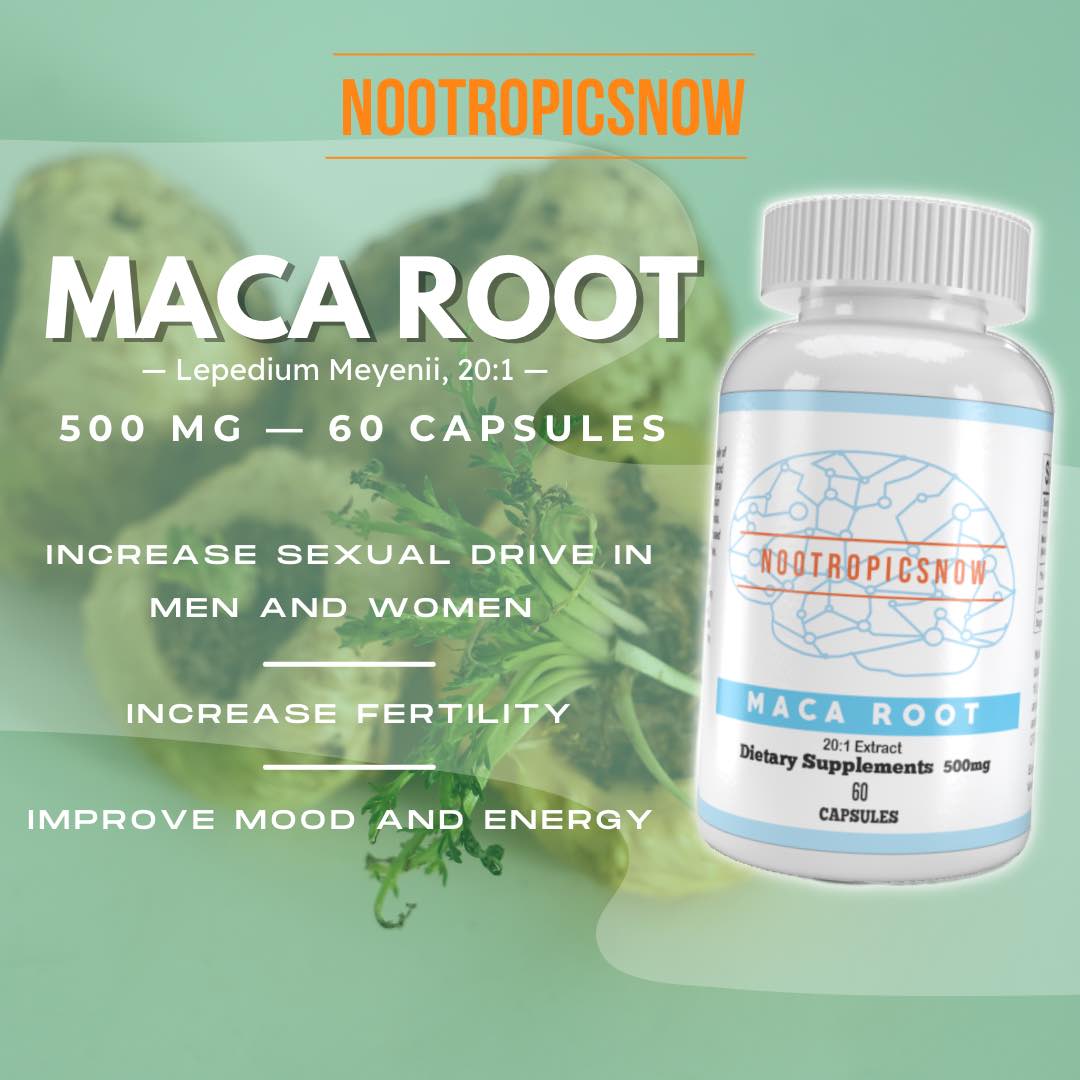Theine vs. Caffeine: What’s the Difference?

`markdown
Theine and Caffeine: Unveiling the Truth Behind These Stimulants
Theine and caffeine are two terms often used interchangeably, particularly when discussing the stimulating properties of tea and coffee. However, the relationship between these substances is not always clear. This article explores the intricate details of theine and caffeine, clarifying their similarities, differences, and how they affect the body. Ultimately, the goal is to provide a comprehensive understanding of these common stimulants.
What Are Theine and Caffeine?
At their core, theine and caffeine are the exact same chemical compound: trimethylxanthine, specifically 1,3,7-trimethylxanthine. Despite being marketed differently and associated with different beverages, their chemical structure remains identical. Therefore, the effects experienced from consuming “theine” in tea or “caffeine” in coffee stem from the same source.
The Historical Context
Historically, scientists initially believed that the stimulants found in tea and coffee were distinct. This led to the naming of the stimulant in tea as “theine” and in coffee as “caffeine”. Later, more advanced chemical analysis revealed that these were, in fact, the same molecule. The distinction in names, however, has persisted in popular culture and some commercial contexts.
Why the Confusion?
The confusion arises primarily because the experience of consuming tea and coffee differs significantly. This is not due to differences in the caffeine molecule itself, but rather to other compounds present in each beverage. These compounds affect how the caffeine is absorbed, metabolized, and ultimately, how it impacts the body.
Factors Influencing the Effects of Theine/Caffeine
Several factors contribute to the varying effects experienced when consuming tea versus coffee, even though both contain the same stimulant. These factors include the presence of other compounds, the preparation method, and individual sensitivities.
1. Presence of L-Theanine
L-theanine is an amino acid almost exclusively found in tea leaves. This compound significantly alters the effects of caffeine.
Theanine’s Calming Influence
L-theanine promotes relaxation without causing drowsiness. It achieves this by increasing alpha brain wave activity, which is associated with a calm, focused state. Furthermore, it can help mitigate the anxiety and jitters sometimes associated with caffeine consumption. Therefore, when caffeine is consumed alongside L-theanine, as is the case with tea, the stimulating effects are often perceived as smoother and more sustained.
Many people take L-Theanine as a supplement to promote relaxation and focus.

View Product
2. Tannins and Their Impact
Tannins, another group of compounds abundant in tea, also play a crucial role.
Slowing Caffeine Absorption
Tannins bind to caffeine, slowing its absorption into the bloodstream. This leads to a more gradual increase in energy and a less pronounced “crash” compared to coffee, where caffeine is absorbed rapidly. The prolonged release helps maintain alertness over a longer period.
3. Roasting and Processing Methods
The roasting process significantly alters the chemical composition of coffee beans, affecting caffeine levels and other compounds. Similarly, the processing methods for different types of tea influence their theine (caffeine) content and the presence of other compounds.
Variations in Caffeine Content
Different types of tea, such as green tea, black tea, and white tea, undergo different processing methods, leading to varying theine levels. For instance, black tea, being more oxidized, generally has a higher caffeine content than green tea. Similarly, coffee beans roasted darker tend to have slightly less caffeine due to some caffeine being lost during the roasting process, although the difference is generally negligible.
4. Individual Sensitivity
Individual factors play a significant role in how theine and caffeine affect the body. These include:
Genetic Factors
Genetics influence how quickly an individual metabolizes caffeine. Some people are fast metabolizers, meaning they process caffeine quickly and experience its effects for a shorter duration. Others are slow metabolizers, resulting in a longer-lasting and potentially more intense experience.
Tolerance
Regular caffeine consumption leads to tolerance, reducing the sensitivity to its effects over time. This necessitates higher doses to achieve the same level of stimulation.
Hydration Levels
Dehydration can exacerbate the negative effects of caffeine, such as headaches and irritability. Staying adequately hydrated is crucial for mitigating these side effects.
Tea vs. Coffee: A Comparative Analysis
To further illustrate the differences between theine in tea and caffeine in coffee, let’s compare their caffeine content, absorption rates, and overall effects.
Caffeine Content
Generally, coffee contains a higher concentration of caffeine than tea.
| Beverage | Average Caffeine Content (per 8oz serving) |
|---|---|
| —————– | ——————————————— |
| Brewed Coffee | 95-200mg |
| Espresso | 63mg (per shot) |
| Black Tea | 40-70mg |
| Green Tea | 30-50mg |
| White Tea | 15-30mg |
Note: These values are approximate and can vary based on brewing methods and tea/coffee variety.
Absorption Rate
The rate at which caffeine is absorbed into the bloodstream differs significantly between tea and coffee.
Coffee’s Rapid Impact
Coffee delivers a rapid surge of caffeine, leading to a quick energy boost and heightened alertness. However, this rapid absorption is often followed by a “crash,” characterized by fatigue and reduced focus.
Tea’s Gradual Release
Tea, due to the presence of tannins and L-theanine, releases caffeine more slowly and steadily. This results in a smoother, more sustained energy level without the abrupt drop-off.
Overall Effects
The combined effects of caffeine content, absorption rate, and other compounds lead to distinct experiences when consuming tea versus coffee.
Coffee’s Stimulation
Coffee is primarily associated with increased alertness, focus, and energy. It can be particularly beneficial for tasks requiring intense concentration or physical activity. However, it can also lead to anxiety, jitters, and insomnia in sensitive individuals.
Tea’s Balance
Tea offers a more balanced effect, combining alertness with relaxation. The L-theanine present in tea promotes a calm, focused state, making it ideal for activities requiring mental clarity without the stress or anxiety associated with stronger stimulants.
Theine and Caffeine: Health Benefits and Risks
Both theine and caffeine offer potential health benefits and risks. It is essential to be aware of these to make informed consumption choices.
Potential Health Benefits
Moderate consumption of caffeine has been linked to several health benefits:
Potential Health Risks
Excessive caffeine consumption can lead to several adverse effects:
Recommendations for Consumption
To maximize the benefits and minimize the risks of theine and caffeine consumption, consider the following recommendations:
Debunking Myths About Theine and Caffeine
Several misconceptions surround theine and caffeine. Addressing these myths can help provide a clearer understanding of these substances.
Myth 1: Theine is Weaker Than Caffeine
As established, theine is caffeine. The perceived difference in strength stems from the presence of other compounds in tea, such as L-theanine and tannins, which modulate the effects of caffeine.
Myth 2: Tea is Always Healthier Than Coffee
While tea offers certain health benefits due to its antioxidant content and the presence of L-theanine, both tea and coffee can be part of a healthy diet. The healthfulness of each beverage depends on factors such as added sugar, milk, and individual sensitivity. Black coffee, for instance, is a very low-calorie beverage with some antioxidant properties, while heavily sweetened tea may not be as beneficial.
For those looking to boost their antioxidant intake, consider supplements like Green Tea Extract.

View Product
Myth 3: Decaffeinated Tea and Coffee Are Completely Caffeine-Free
Decaffeination processes remove most, but not all, of the caffeine. Decaffeinated tea and coffee typically contain a small amount of caffeine, usually less than 5mg per serving.
Myth 4: Caffeine is Universally Harmful
While excessive caffeine consumption can have negative effects, moderate intake has been linked to several health benefits. The key is to consume caffeine responsibly and be mindful of individual tolerance levels.
Future Research and Considerations
The study of theine and caffeine continues to evolve, with ongoing research exploring their effects on various aspects of health and performance. Future research may focus on:
Conclusion: Embracing the Nuances of Theine and Caffeine
Theine and caffeine, while chemically identical, offer distinct experiences due to the complex interplay of other compounds and individual factors. Understanding these nuances empowers individuals to make informed choices about their consumption habits, maximizing the benefits and minimizing the risks associated with these widely consumed stimulants. Whether you prefer the gentle, sustained energy of tea or the rapid jolt of coffee, appreciating the science behind these beverages can enhance your overall well-being. Further research and a mindful approach to consumption will undoubtedly continue to unveil the full potential and impact of theine and caffeine on human health and performance in the years to come.
`
Theine and Caffeine: Understanding the Subtle Differences
While often used interchangeably, the terms ‘theine’ and ‘caffeine’ represent the same chemical compound: trimethylxanthine. However, the experience of consuming this compound differs depending on whether it comes from tea or coffee. These variations arise from the accompanying chemicals and processes involved in brewing each beverage. Therefore, understanding these subtle nuances is crucial for those seeking to optimize their caffeine intake.
View Product
The Chemical Identity of Theine and Caffeine
Scientifically, theine and caffeine are indistinguishable. They both refer to the same naturally occurring stimulant with the molecular formula C8H10N4O2. This compound acts as a central nervous system stimulant, primarily by blocking adenosine receptors in the brain. Adenosine is a neurotransmitter that promotes relaxation and sleepiness. Consequently, by inhibiting adenosine, both theine and caffeine promote alertness, reduce fatigue, and enhance cognitive function.
Sources and Concentrations
The primary distinction between theine and caffeine lies in their source. Theine is typically associated with tea leaves (Camellia sinensis), while caffeine is primarily linked to coffee beans (Coffea arabica). However, caffeine is also present in various other plants, including cacao beans, guarana, and yerba mate.
Moreover, the concentration of caffeine varies significantly depending on the source and preparation method. A typical cup of coffee (8 ounces) contains approximately 80-100 mg of caffeine. A similar-sized cup of black tea contains about 40-60 mg, while green tea contains roughly 30-50 mg.

View Product
The precise caffeine content is affected by factors such as:
The Role of L-Theanine in Tea
One of the most significant differences between tea and coffee lies in the presence of L-theanine. This amino acid is uniquely found in tea leaves and contributes significantly to the overall experience. L-theanine has a calming effect on the mind, promoting relaxation without causing drowsiness. Studies suggest that L-theanine increases alpha brainwave activity, which is associated with a state of relaxed alertness.
When combined with caffeine (theine), L-theanine modulates the stimulant effects. It mitigates the jitters and anxiety often associated with coffee, leading to a smoother, more focused energy boost. In essence, L-theanine acts as a buffer, preventing the sharp peaks and crashes that can occur with caffeine alone.
View Product-Nootropic-Brain-Support-Booster-Memory-Sleep-Supplement-i.202321183.5451568422)
Tannins and Absorption Rate
Tea also contains tannins, a type of polyphenol. These compounds bind to caffeine, slowing its absorption into the bloodstream. This gradual release results in a more sustained and prolonged effect, avoiding the rapid spike and subsequent crash associated with coffee. Consequently, the energy from tea is often described as gentler and longer-lasting.
View Product-Nootropic-Boost-Weight-Loss-Energy-Alert-NOT-TEA-i.202321183.7175517508)
Conversely, coffee lacks these tannins, leading to a quicker absorption of caffeine. This rapid influx of caffeine into the bloodstream produces a more immediate and intense stimulant effect. However, this is often followed by a noticeable decline in energy levels as the caffeine is metabolized.
The Ritual and Experience
Beyond the chemical differences, the cultural and social context surrounding tea and coffee consumption also contributes to the distinct experiences. Tea drinking is often associated with relaxation, mindfulness, and social connection. The preparation process, involving specific rituals and tea wares, can be a calming and meditative practice.
Coffee consumption, on the other hand, is frequently linked to productivity, efficiency, and a quick energy fix. It is often consumed on-the-go, as a means to power through a busy day.
Health Implications
The health effects of theine (caffeine) are largely the same, regardless of the source. Moderate consumption is generally considered safe for most adults and may offer some health benefits, such as improved cognitive function and reduced risk of certain diseases.
However, excessive caffeine intake can lead to adverse effects, including:
The key is moderation and awareness of individual sensitivity to caffeine. Individuals with pre-existing health conditions, such as anxiety disorders, heart problems, or digestive issues, should consult with a healthcare professional regarding their caffeine intake.

View Product
Choosing Between Tea and Coffee
The choice between tea and coffee ultimately depends on individual preferences and needs. Consider the following factors:
Decaffeination Processes
Both tea and coffee can undergo decaffeination processes, aiming to remove most of the caffeine. However, it is crucial to understand that “decaffeinated” does not mean caffeine-free. Decaf coffee and tea typically retain a small amount of caffeine, usually around 2-5% of the original amount.
Several methods are used for decaffeination, including:
The Swiss Water Process is often considered the most natural and healthiest option, as it avoids the use of chemical solvents.
Beyond Tea and Coffee: Other Sources of Caffeine
It’s important to recognize that caffeine is present in many other products, including:
Being aware of these hidden sources of caffeine is crucial for managing overall intake and avoiding unintended overconsumption.
Optimizing Your Caffeine Consumption
To maximize the benefits and minimize the risks of caffeine consumption, consider the following tips:
The Future of Caffeine Research
Ongoing research continues to explore the complex effects of caffeine on the human body. Scientists are investigating the potential therapeutic applications of caffeine, as well as the genetic factors that influence individual responses to this stimulant. Future studies may reveal new insights into the optimal ways to consume caffeine for maximizing its benefits and minimizing its risks. The influence of factors like tea and coffee brewing methods, the genetic background of consumers, and individual lifestyles remain important areas of study. The latest research may shed light on these factors.
Caffeine Withdrawal
One of the common challenges people encounter when reducing or stopping caffeine intake is withdrawal. The withdrawal symptoms can vary in intensity, depending on factors such as the usual daily caffeine amount and individual sensitivities. Common symptoms include headaches, fatigue, irritability, difficulty concentrating, and even flu-like symptoms.
View Product-mood-anxiety-stress-mental-health-i.202321183.17830742615)
The onset of withdrawal usually occurs within 12 to 24 hours of the last caffeine intake, peaking around 20-51 hours, and may last for 2 to 9 days. Gradually decreasing caffeine intake can help minimize these withdrawal symptoms. It allows your body to adjust slowly, reducing the severity of discomfort during the transition.
Legal Considerations
The legal status of caffeine-containing products like tea and coffee is generally unregulated, and they are widely available for purchase. However, the legal implications for caffeine as an isolated substance differ. It is crucial to understand that selling pure caffeine powder or concentrated caffeine products is subject to regulations in various jurisdictions due to potential safety concerns. Regulatory bodies such as the Food and Drug Administration (FDA) have issued warnings against the sale and consumption of pure or highly concentrated caffeine products, as they can pose significant health risks, including accidental overdose.
The Enduring Appeal
The enduring appeal of both tea and coffee can be attributed to a multitude of factors, including their distinct flavors, associated cultural traditions, and the cognitive and physical benefits derived from caffeine. While both beverages offer a delightful sensory experience, their unique chemical compositions and preparation methods create distinct effects on the body and mind.

View Product
By understanding the subtle differences between theine (caffeine) in tea and coffee, individuals can make informed choices about their consumption habits and tailor their caffeine intake to suit their specific needs and preferences. Whether you seek a gentle, sustained energy boost or an immediate, intense jolt, both tea and coffee have something to offer. The key is to consume them responsibly and mindfully, appreciating the rich history and complex science behind these beloved beverages.

